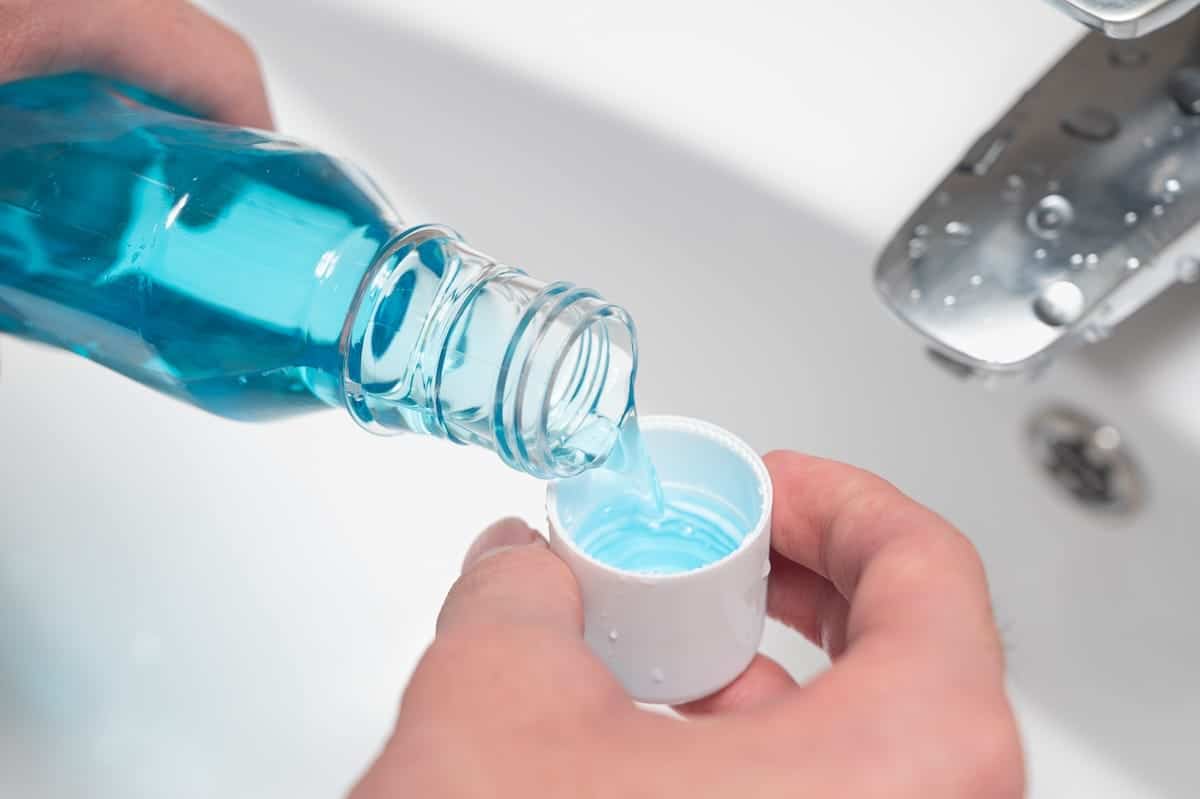
Welcome to our dental blog from the heart of Bayswater, W2, West London. Today, we’re diving into a topic that’s on the minds of many of our patients: the effectiveness of mouthwashes. With many options on the market, it’s important to understand how mouthwash can be a valuable ally in your oral health regimen.
What is Mouthwash?
Mouthwash, also known as oral rinse, is a liquid product used to rinse your teeth, gums, and mouth. It’s usually an antiseptic solution intended to reduce the microbial load in the oral cavity. However, there are various types for different needs, including fluoride mouthwashes that help prevent tooth decay.
Types of Mouthwash
- Cosmetic Mouthwashes: These temporarily control bad breath and leave behind a pleasant taste but don’t necessarily reduce bacteria.
- Therapeutic Mouthwashes: Containing active ingredients like chlorhexidine, cetylpyridinium chloride, fluoride, or essential oils, these rinses help reduce oral bacteria, gingivitis, plaque, and tooth decay.
The Benefits of Using Mouthwash
- Reduces Plaque and Gingivitis: Mouthwash can reach areas not easily accessed by a toothbrush or floss.
- Prevents Tooth Decay: Fluoride mouthwashes help in strengthening the tooth enamel.
- Freshens Breath: It helps mask bad breath and leaves your mouth feeling fresh.
- Whitens Teeth: Some mouthwashes have whitening agents that can help reduce teeth staining.
How to Use Mouthwash Effectively
- Brush and Floss First: Mouthwash is most effective after brushing and flossing.
- Use the Right Amount: Follow the label’s instructions – usually, it’s about 20 ml.
- Rinse for the Right Duration: Swish it around your mouth for 30 seconds to a minute.
- Don’t Rinse with Water Immediately: To maximize its effectiveness, avoid drinking or rinsing your mouth immediately after.
Are There Any Risks?
While mouthwash is generally safe, overuse or misuse can lead to side effects like mouth sores, teeth staining, and alterations in taste sensation. Alcohol-containing mouthwashes can dry out the mouth, so those with dry mouth conditions should opt for alcohol-free versions.
Our Recommendation
In our Bayswater clinic, we emphasize a comprehensive approach to oral health. Mouthwash can be beneficial to your oral hygiene routine, but it’s not a replacement for regular brushing and flossing. We recommend discussing which type is best for you with your dentist, especially if you have specific oral health concerns.
Conclusion
Mouthwash can be a powerful tool in maintaining oral health, particularly in areas that are hard to reach with traditional brushing and flossing. As dental professionals in Bayswater, W2, we’re committed to guiding you in making the best choices for your oral health. Remember, the key to a healthy mouth is a consistent and thorough routine, and mouthwash can be a part of that.
Stay tuned to our blog for more insights and tips on maintaining your oral health, and don’t hesitate to reach out to us for personalized dental care in the heart of Bayswater!
